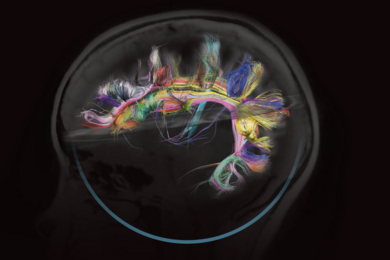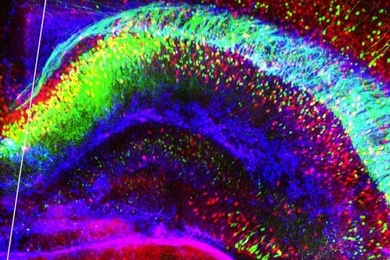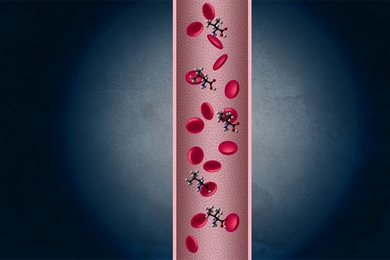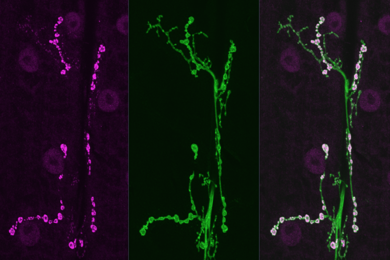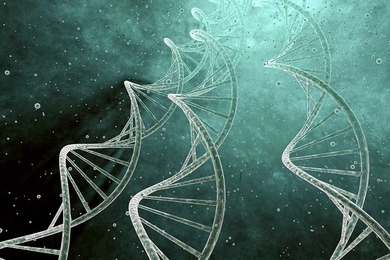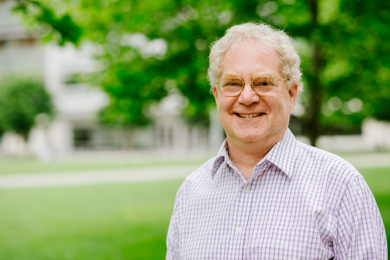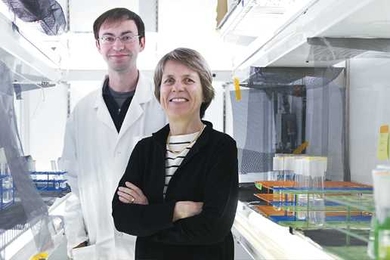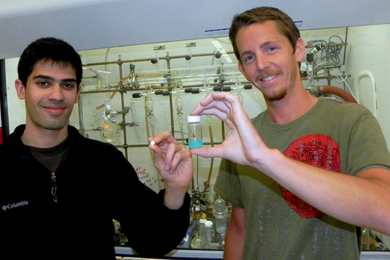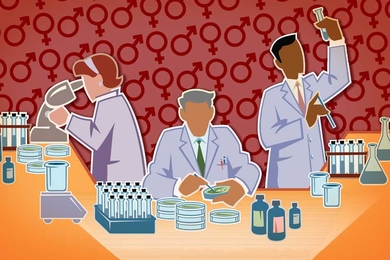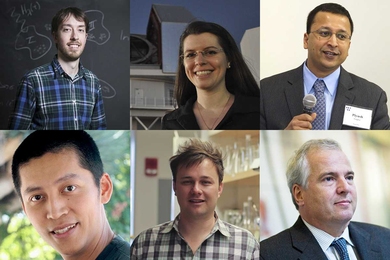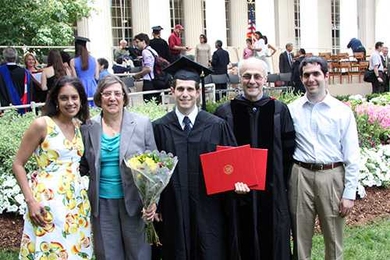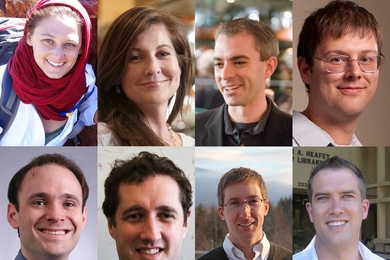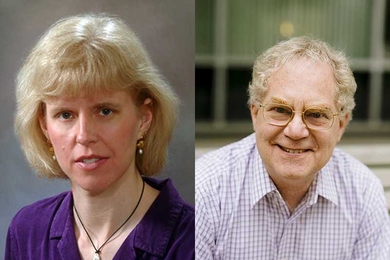Department
Biology
Picower and MIT scientists awarded BRAIN Initiative grants
Researchers will advance our understanding of the human mind and discover new ways to treat, prevent, and cure neurological disorders.
Biologists find an early sign of cancer
Patients show boost in certain amino acids years before diagnosis of pancreatic cancer.
Picower study finds connection between rare muscle disease and autoimmune disorders
Patients with a rare neuromuscular disorder and those with nerve damage tied to autoimmune disorders may share the same faulty synapses.
Neuroscientists reverse memories’ emotional associations
MIT study also identifies the brain circuit that links feelings to memories.
A new way to model cancer
New gene-editing technique allows scientists to more rapidly study the role of mutations in tumor development.
Alan D. Grossman named head of the Department of Biology
A faculty member since 1988, Grossman succeeds Tania Baker as department head.
Ocean microbes display a hidden talent: releasing countless tiny lipid-filled sacs
MIT finding could one day lead to new approaches for manufacturing biofuels.
Advancing medicine, layer by layer
Studies by graduate students Stephen Morton and Nisarg Shah show progress toward better cancer treatment and bone replacement.
Research reveals a gender gap in the nation’s biology labs
Study of 24 top institutions finds ‘elite’ male faculty in the life sciences employ fewer women.
Tania Baker steps down as head of the Department of Biology
Alan Grossman to serve as interim department head
